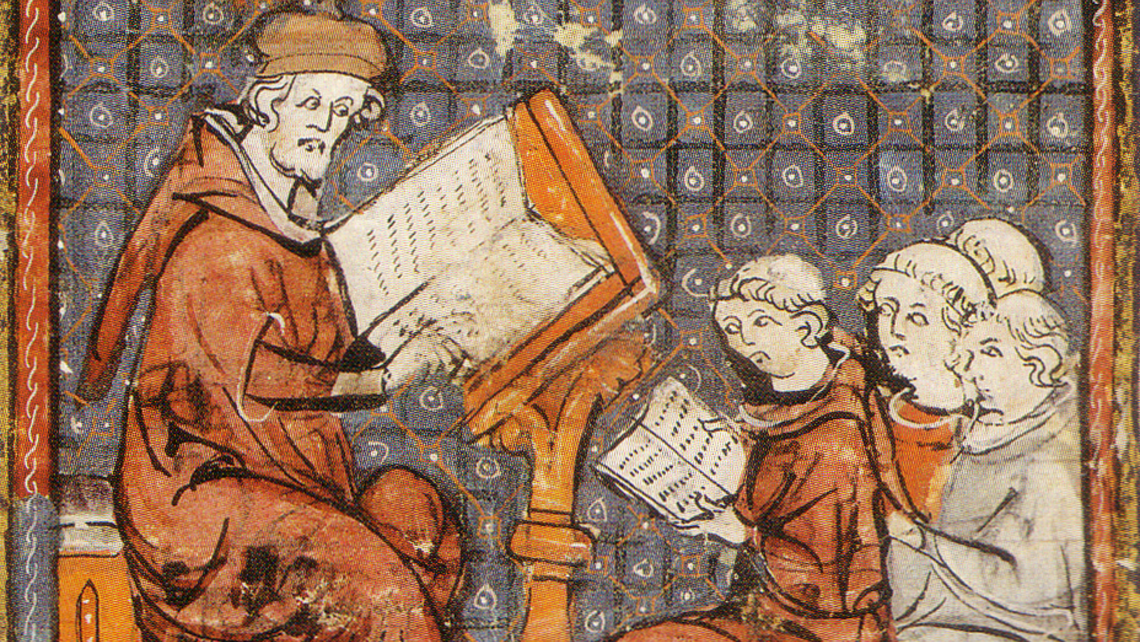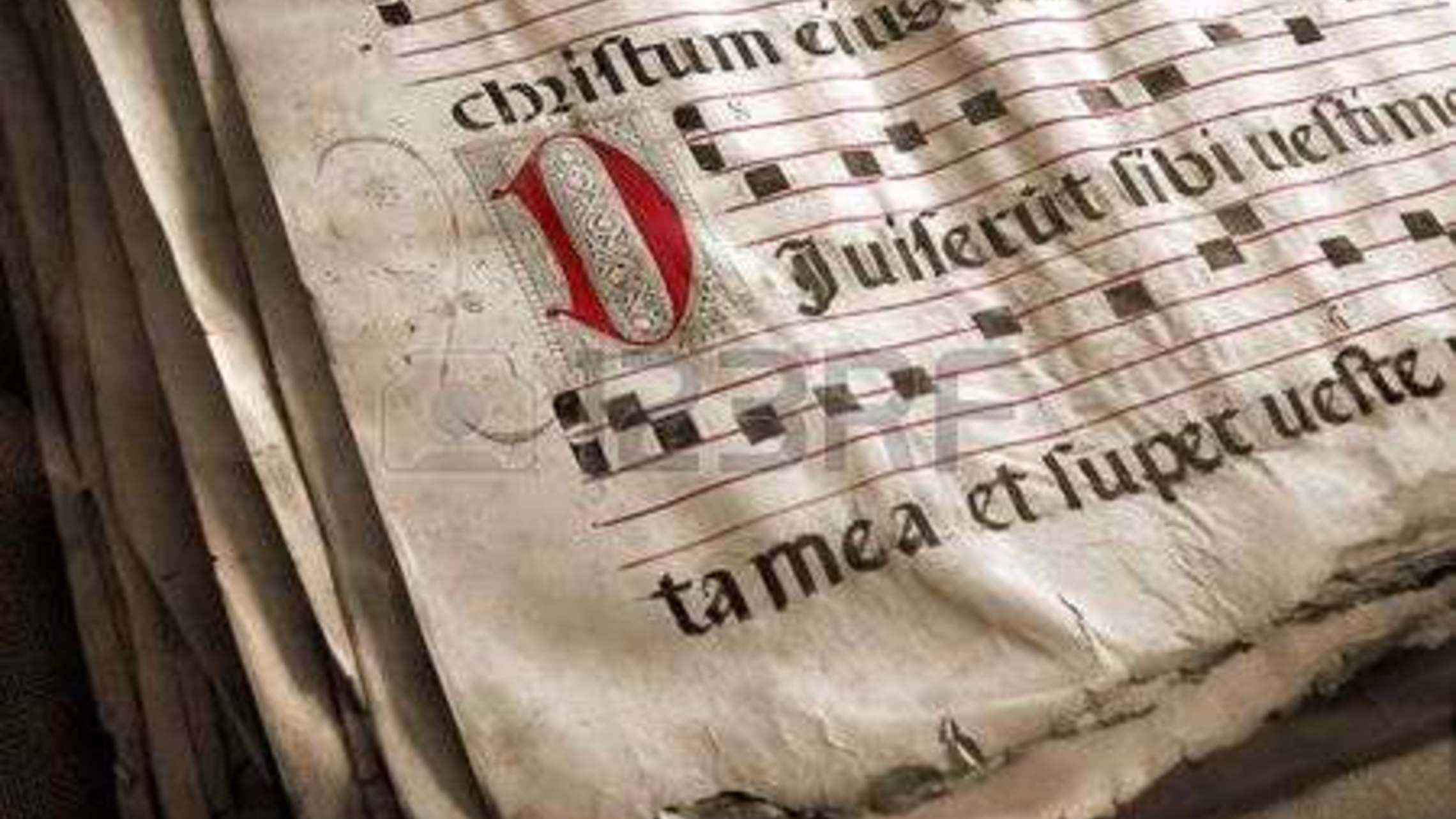Classical Conversations

Hello, Classical Community of St. Regis Academy! Weekly we would like to present information to help you to better understand what a Classical Education looks like, and why in the world we chose to adopt this formula for forming the future Catholic leaders of tomorrow.
First, we’ll get those nebulous questions answered to ease your minds. We feel that understanding what we are trying to accomplish will lead to prayers and support that are greatly needed and appreciated.
Question 1: What are we DOING?
We are implementing a philosophical approach to learning, that produced the greatest thinkers in the world, to a new generation. Catholic education and Classical education have always focused on the formation of the ideal person in the service of our God and our neighbor. The marriage of these systems provides the perfect environment to cultivate such students.
Question 2: What IS a Classical School?
It is a school that seeks to instill an appreciation for the good, true, and beautiful in an atmosphere that lends itself to the acquisition of such. Of course, the Catholic Church holds the key to all that is good, true and beautiful, and students will see their place in creation as it applies to God and His relation to His world. It is hoped that these will produce young men and women of extraordinary virtue, able to tackle any situation life has to offer with wisdom and integrity in the service of our Lord.
Question 3: What do we mean by “Classical”?
The term Classical, in this instance, applies to anything believed to be excellent for all men. Students will be taught HOW to learn, specifically by mastering the seven liberal arts. This will equip them to be independent thinkers that can influence Catholic culture in a powerful way and further influence, indeed save, the culture at large.
Question 4: What are the liberal arts?
There are seven: grammar, logic, rhetoric (these form the trivium), arithmetic, geometry, music, and astronomy (these form the quadrivium).The trivium deals with language. Grammar teaches how language is structured; logic teaches how to use this language in constructing reasoned arguments; rhetoric uses language for persuasion. The quadrivium deals with the art of mathematics and its application in all areas of life.
Question 5: How do the liberal arts apply to our St. Regis Academy students?
Students in grades K-5, the Grammatical Stage, will master the arts of observation and memorization to prepare for the next stage. They are really good at this at this age, so we will build on their natural curiosity and ability to remember jingles by introducing beautiful language and opportunities for them to appreciate nature.
Students in grades 6-8, the Logical (Dialectical) Stage, will master analysis by contesting and arguing for understanding. All the memory work from the Grammar Stage is put into practice whether they are picking apart a sentence or an idea. This age group finds this sort of exercise to be fun, and prepares them to excel in the next level, the Rhetorical Stage.
In the Rhetorical Stage, our future high school students should be able to synthesize the skills learned in the preceding stages by presenting well analyzed, organized, and polished arguments.
Sounds great, doesn’t it! Watch for the next Classical Conversation where we will continue to define and expound upon just exactly what we plan to do. We are truly excited to embark on this adventure with your children!




